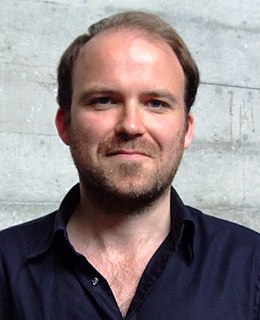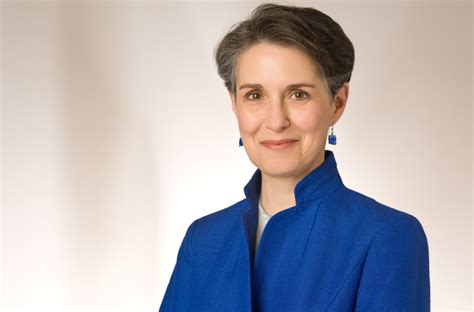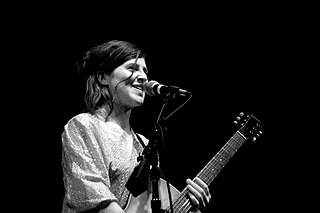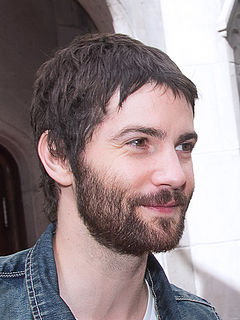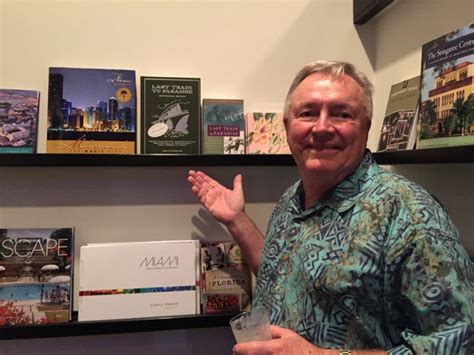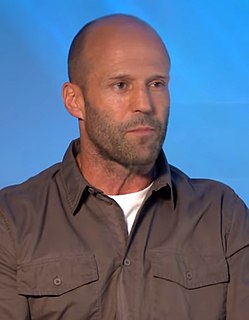A Quote by Rory Kinnear
There are a lot of actors out there who are able to engage with something in themselves which isn't necessarily their brain. But personally I find it very intellectually satisfying: doing your research and then burrowing as deeply into character as you can. I'm a naturally inquisitive person, too, and acting does feed into that.
Related Quotes
I like doing a lot of research, and then you get there, you're in wardrobe, and then you're just reacting to what the other person is doing. The other actor is reacting to what you're doing, and it's this great back and forth. Because you've done all this research, you can use some of it or throw a lot of it out. You can get lost in it.
I'm doing more deep listening, which is part of the role or job of the songwriter. I think with a lot of songwriting, songs sing themselves to you tonally and also lyrically. And it's not necessarily your own visual memories that are writing the song. It's like there are words that you can catch out there and you have to be able to see and hear them.
I try to discover the character's primary motivation. In a screenplay, you can make up a hundred different variables of a character. Is he there for love or respect, or is he there out of fear? What's he doing? Why is he doing it? Then I can build on the intricacies. Does he pick his fingernails? Does he always do this when he's lying? All the little things that come with it. But it's also like, if you're doing a caricature and you're like, "I want to do a blue-collar guy from Jersey," you have to go and do the research on the region, the who, what and why.
In this type of cinema, whether working with actors or non-actors, as much as you do direct them, if you allow yourself to be directed by them, then the end result will be much more pleasing. The real and individual strengths of the actors is allowed to be expressed and is something that does affect the audience very deeply.
British actors come at acting from a slightly different angle. Because a lot of the films are cast out there, they are so used to the angle from which the Americans, and certainly the young guys from L.A., are coming at it, that I think it's interesting for them to find these English actors who maybe approach acting from a different place.
British actors come at acting from a slightly different angle. Because a lot of the films are cast out there, they are so used to the angle from which the Americans, and certainly the young guys from LA, are coming at it, that I think it's interesting for them to find these English actors who maybe approach acting from a different place.
Never open your story with a character thinking, I advise my students. As a further precaution, don’t put a character in a room alone – create a friend, a bystander, a genie, for God’s sake, any sentient creature with whom your main character can converse, perhaps argue or, better yet, engage in some action. If a person is out and doing, it’s more likely that something interesting might happen to her or him. Shut up in a room with only his thoughts for company well, that way lies fictional disaster.
When you get divorced, all the truths that come out, you sit there and go, 'What the f**k was I doing? What was I doing believing that this person was invested in this way?' Which is a fantastically strong humiliation in the best sense. It can make somebody very bitter and very hard and closed off, but I find it does the opposite to me.
